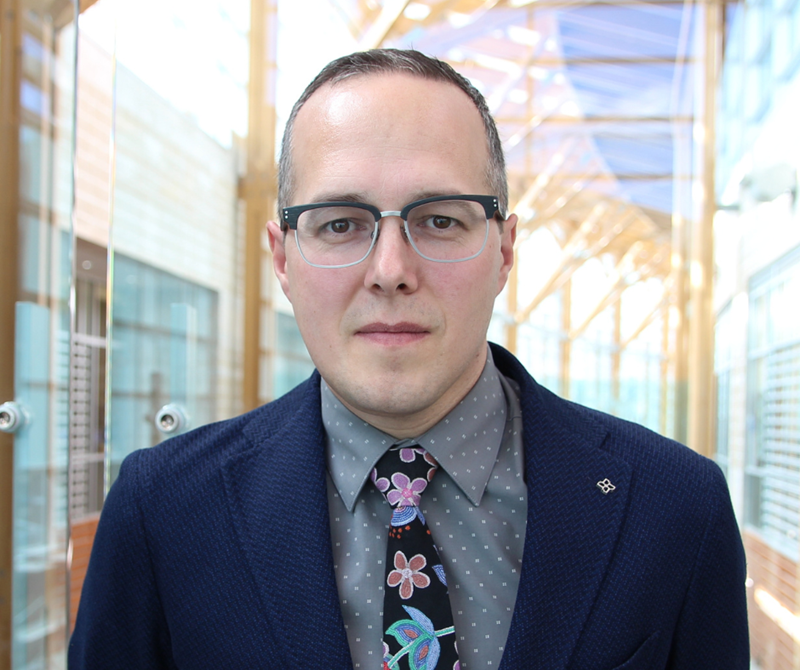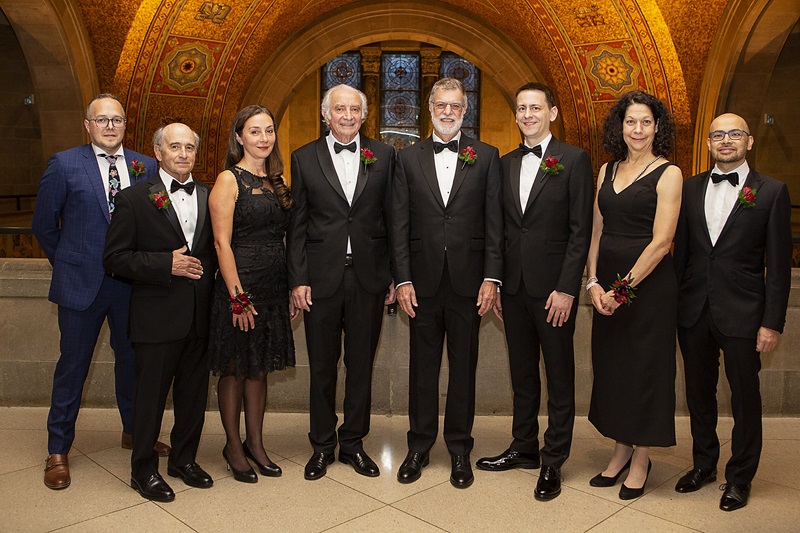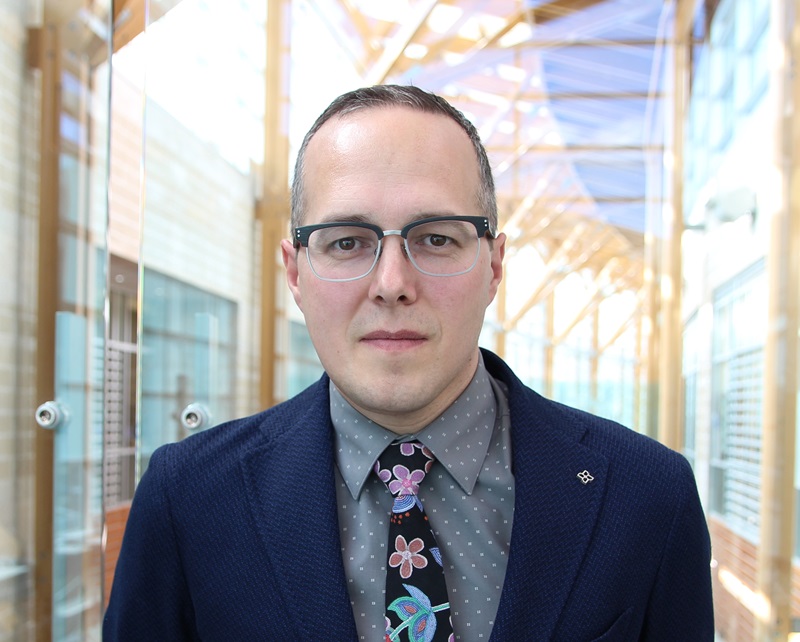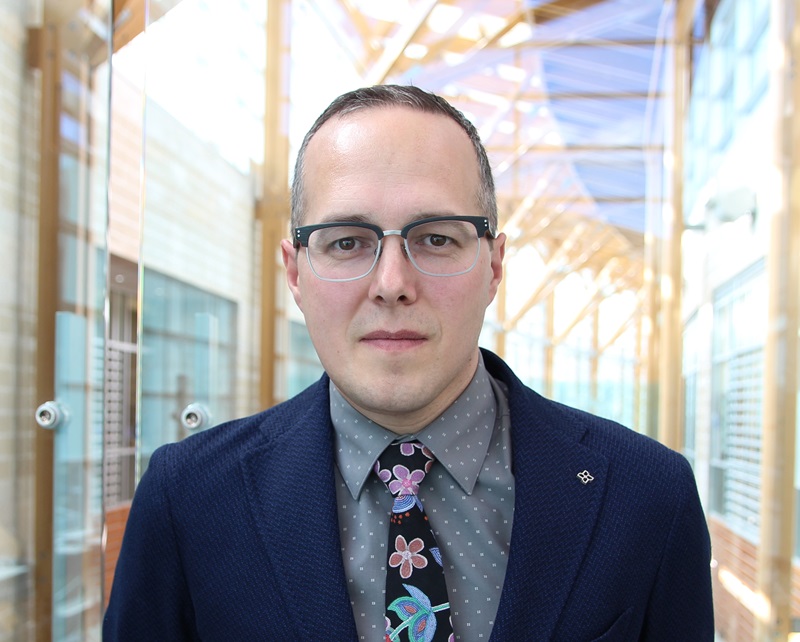Christopher Mushquash

Christopher Mushquash, Ph.D., C.Psych., is Anishinawbe (Ojibway), and a member of Pawgwasheeng (Pays Plat First Nation). He is a Professor in the Department of Psychology at Lakehead University, and the Northern Ontario School of Medicine University, Clinical Psychologist at Dilico Anishinabek Family Care, Vice President Research at the Thunder Bay Regional Health Sciences Centre, and Chief Scientist at the Thunder Bay Regional Health Research Institute.
He is also Director of the Centre for Rural and Northern Health Research at Lakehead University. Dr. Mushquash is a Canada Research Chair in Indigenous Mental Health and Addiction, with expertise in rural and northern clinical practice and the development of culturally appropriate interventions for mental health and addiction difficulties in First Nations children, adolescents, and adults. He is a researcher, clinician, and First Nation scholar who was born and raised in rural Northwestern Ontario.
The WORK:
Dr. Christopher Mushquash brings together his clinical experience as a psychologist and his community-based participatory approach to research to meet community needs and improve systems and services that make a difference in people’s lives. His innovative work focuses on Indigenous mental health and substance use through evidence-based practices that align with First Nations values. This approach ensures his research and its outcomes are culturally and contextually appropriate for people in First Nations, as well as those in rural and northern communities. Through large team collaborations and partnerships with communities, government and academia, Dr. Mushquash addresses various aspects of mental health for Indigenous communities, such as mental health, substance use, trauma, and general mental wellness. The overarching goals of his research are rooted in the four interconnected directions and include identifying culturally and contextually appropriate targets of intervention, developing methods of measuring community outcomes; developing and testing of interventions that incorporate culture-based knowledge with scientific methods; and the sharing of knowledge among Indigenous and academic communities, clinicians, and policymakers. These themes come together to form a holistic framework to improve not only systems and services but also research involving Indigenous communities. By putting the communities at the forefront of his work, Dr. Mushquash demonstrates the importance of understanding unique contexts and issues experienced by individuals in Indigenous communities. He has effectively shifted the relationship between communities and researchers, enabling more meaningful and relevant research and advancing the understanding of mental health in Indigenous communities. Systems and services are thus better equipped to address the needs of Indigenous, rural and northern communities in a culturally- and contextually-appropriate manner.

.tmb-cfthumb_fb.jpg?Culture=en&sfvrsn=56753e71_1)

8cd46256-2a0e-4853-a213-5c7cadbe7397.tmb-cfthumb_fb.jpg?Culture=en&sfvrsn=eb1fa67a_1)



.tmb-cfthumb_fb.png?Culture=en&sfvrsn=3f3e85a0_1)
.tmb-cfthumb_fb.png?Culture=en&sfvrsn=97931f40_1)
8f5aefbf-f29d-44d1-b013-be4d15b185fe.tmb-cfthumb_fb.jpg?Culture=en&sfvrsn=80f30158_1)






.tmb-cfthumb_fb.jpg?Culture=en&sfvrsn=5e02c31b_1)
